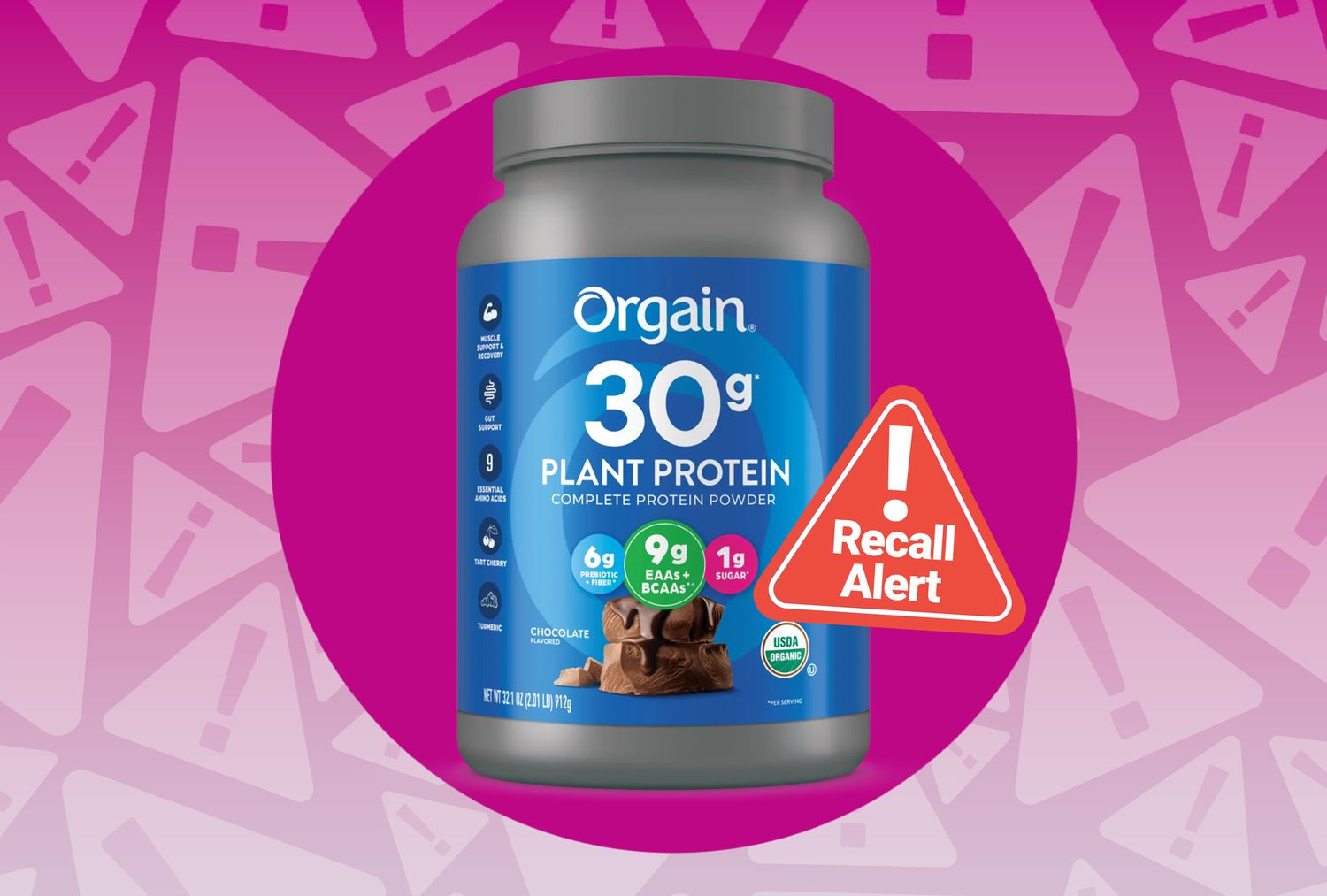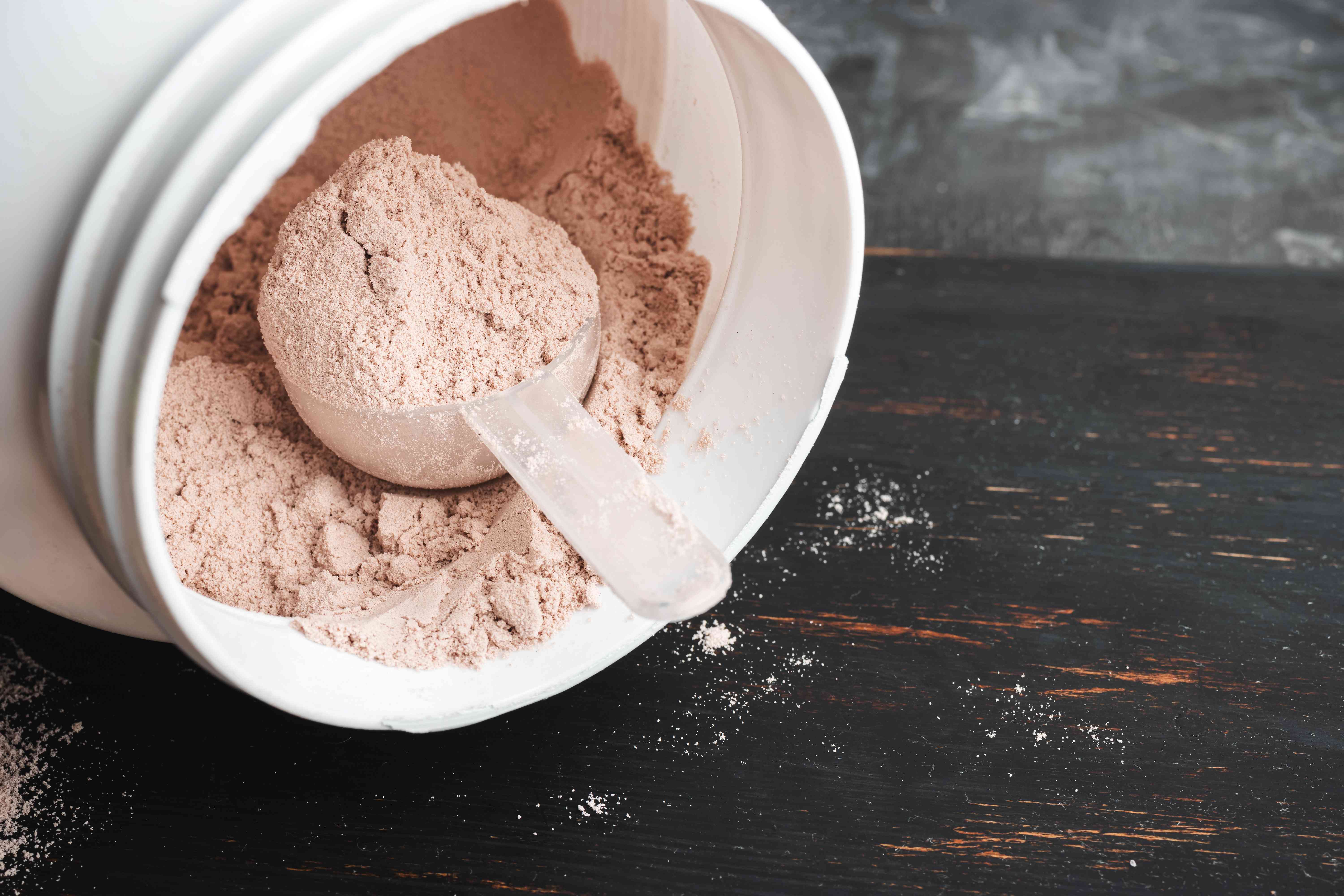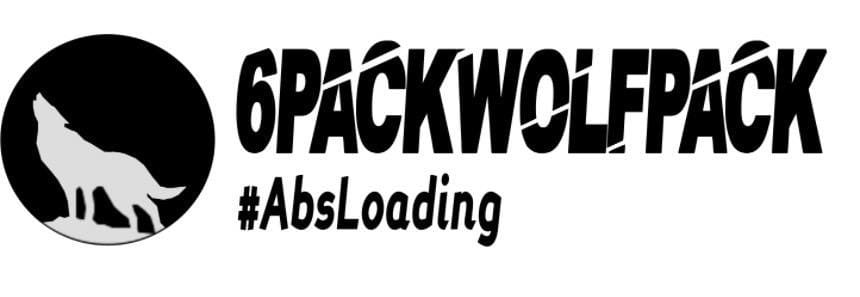A recent study by the Clean Label Project has raised concerns about the presence of heavy metals, specifically lead and cadmium, in over-the-counter protein powders. The investigation analyzed 160 protein powder products from 70 leading brands and found that a significant number exceeded California Proposition 65 safety thresholds for these toxic metals.
Key Findings:
• Plant-Based Protein Powders: 77% of these products surpassed safety limits for lead and cadmium. Notably, plant-based protein powders, such as those derived from rice, peas, or soy, contained three times the amount of lead compared to whey-based products.
• Organic Protein Powders: 79% exceeded the safety thresholds for these heavy metals.
• Chocolate-Flavored Protein Powders: 65% of these products had levels of lead and cadmium above the recommended limits.
Potential Sources of Contamination:
The study suggests that contamination may originate from various sources, including agricultural practices, packaging materials, or environmental exposure. The Clean Label Project emphasizes the importance of transparency and encourages consumers to engage in conversations with companies about the contents of health products.
Industry Response:
In response to the findings, industry groups have expressed concerns about the report’s methodology and conclusions. They argue that the study’s authors did not adequately clarify that the detected levels of heavy metals are below the safety limits established by regulatory agencies.
Consumer Recommendations:
Given these findings, consumers are advised to:
• Review Product Labels: Examine product labels for information on heavy metal testing and sourcing practices.
• Consult Healthcare Professionals: Seek guidance from healthcare providers to make informed decisions about protein supplementation.
• Stay Informed: Keep abreast of ongoing research and reports related to supplement safety.
While protein powders can be a convenient source of protein, it’s crucial to be aware of potential contaminants and make choices that align with personal health and safety priorities.






